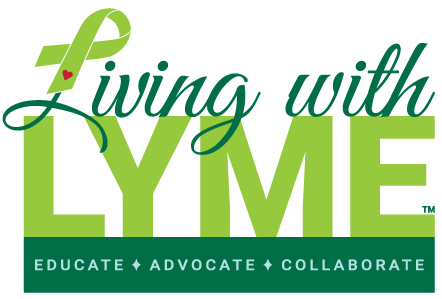Writing a Great Essay: Your Comprehensive Guide
Writing a great essay is a skill that is essential in both academic and professional settings. Whether you're tackling a complex topic like the extent to which the American Revolution can be understood as a revolution or simply trying to articulate a clear argument, the ability to craft a coherent and compelling how to get better at writing essays: tips to improve your skills. This guide will walk you through the process of writing an essay that not only meets but exceeds expectations. By focusing on key elements such as argument development, evidence, and essay structure, you'll learn how to create an essay that is both informative and engaging.
Understanding the Essay Question: The First Step to a Coherent Essay
Before you begin writing, it's crucial to fully understand the essay question. This understanding forms the foundation of your essay. Ask yourself: what is the essay question really asking? Is it about the extent to which the American Revolution can be understood as a revolution, or does it have a different focus? Clarifying this will guide your research, argument development, and the overall direction of your essay. Remember, a good essay directly addresses the question and stays on topic throughout.
Research and Evidence: Building the Body of Your Essay
Once you've defined your essay question, the next step is research. For an essay on a topic like the American Revolution, this involves gathering relevant information and evidence. Your research should aim to find various perspectives and data that support your argument. In the body of your essay, use this evidence to build your argument. Each paragraph should contain a single idea or piece of evidence, clearly linked to your overall thesis.
Structuring Your Argument: The Key to a Coherent Essay
The structure of your essay is where you bring your argument to life. Start with an introduction that outlines your main argument and how you plan to support it. In the body of the essay, organize your paragraphs logically, each flowing smoothly to the next. This structure helps maintain coherence and guides the reader through your argument effectively. Finally, conclude by summarizing your main points and restating your thesis in light of the evidence you've presented.
Writing Style and Tone: Engaging Your Reader
Your writing style and tone play a significant role in how your essay is received. Aim for clarity and conciseness; complex sentences can often muddle your argument. Use academic language and avoid colloquialisms, but also ensure your writing is accessible and engaging. Remember, a great essay is not just about what you say, but also how you say it.
Revision and Editing: Perfecting Your Essay
No essay is complete without revision and editing. This is where you refine your argument, fix any logical inconsistencies, and eliminate grammatical errors. Pay special attention to how each paragraph contributes to your argument. Does each sentence add value? Is your evidence compelling? This attention to detail will elevate your essay from good to great.
Dos and Don'ts of Essay Writing
When writing an essay, there are several dos and don'ts to keep in mind. Do stay focused on your thesis throughout. Don't introduce new arguments in your conclusion. Do use evidence to support your arguments. Don't rely on unsupported opinions. Do structure your essay logically. Don't neglect the flow of your narrative. By following these guidelines, you'll ensure your essay is coherent, persuasive, and compelling.
FAQs on Writing a Great Essay
Q: How important is the thesis statement in an essay?
A: Extremely important. Your thesis statement guides the entire essay and sets the tone for your argument.
Q: Can I use first-person pronouns in an academic essay?
A: Generally, it's best to avoid first-person pronouns in academic essays and maintain an objective tone.
Q: How many sources should I use in my essay?
A: This depends on the essay's length and complexity, but a good rule of thumb is at least three to five credible sources.
Final Thoughts: Crafting an Essay That Stands Out
In conclusion, writing a great essay involves understanding the question, conducting thorough research, structuring your argument logically, and presenting your ideas in a clear, engaging manner. Remember to revise and edit your work to ensure clarity and coherence. By following these guidelines, you'll be well on your way to writing an essay that not only answers the question but does so in a way that is insightful and compelling. Remember, a great essay is not just about presenting information; it's about presenting it in a way that is thoughtful, engaging, and persuasive.
Useful Resources: https://theuktime.com/make-your-essay-longer/
